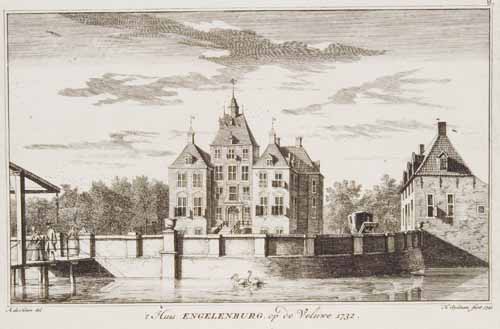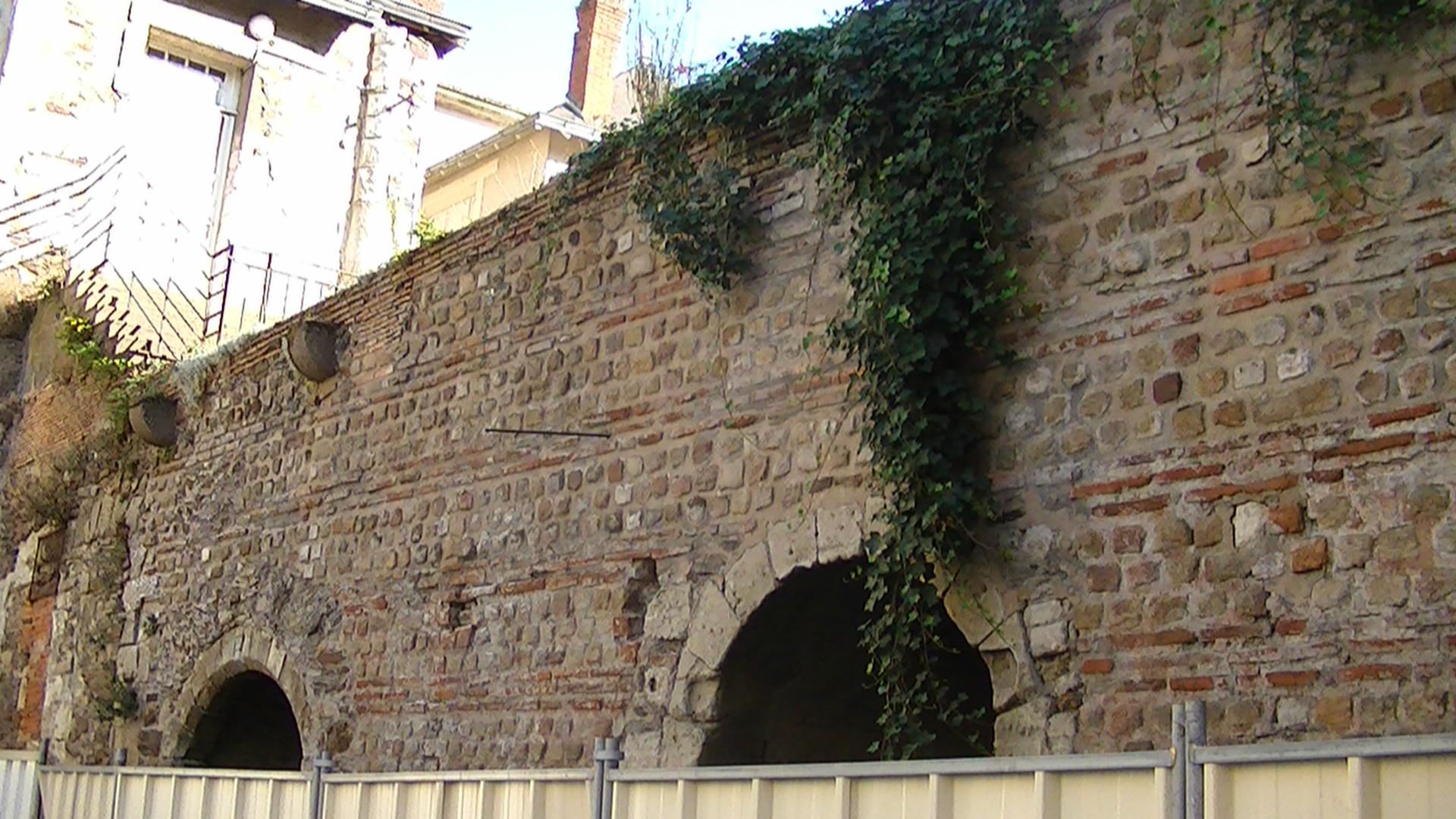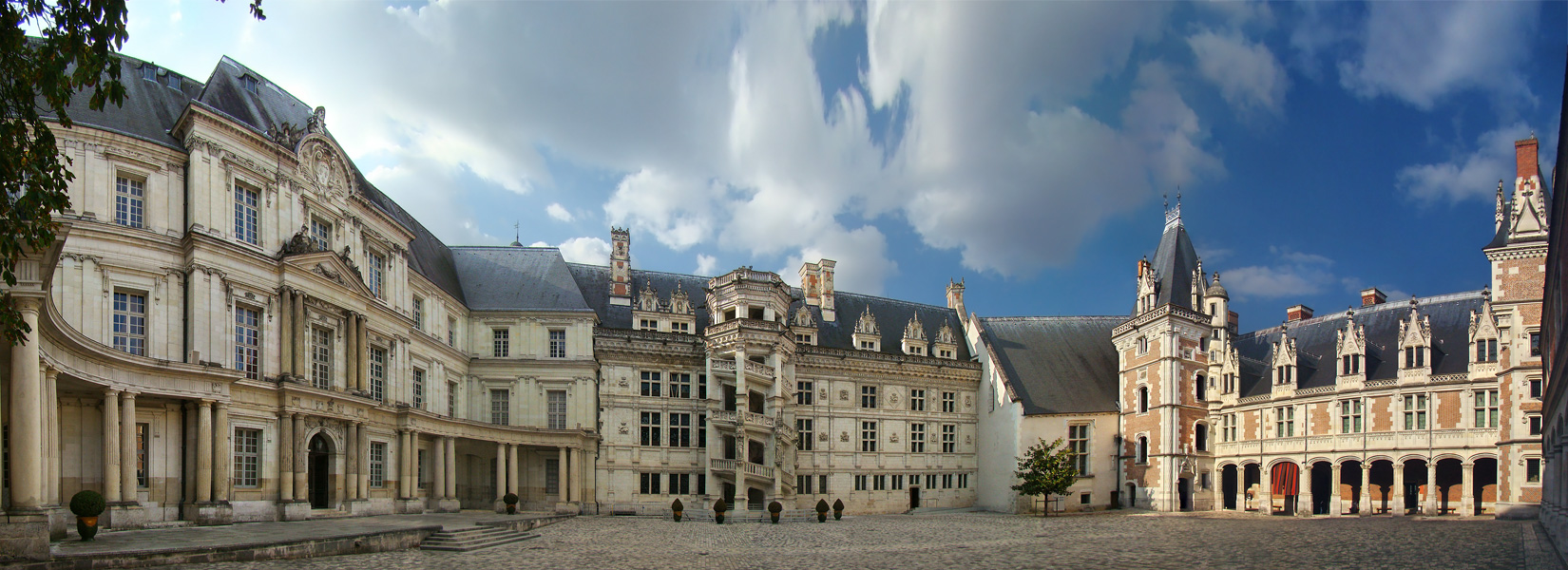|
Dirk De Graeff
Dirk de Graeff (Amsterdam, February 1, 1601 - April 26, 1637 ibid) was a Dutch Republic, Dutch 17th-century regenten, regent who belonged to the Dutch States Party, States Party. Biography Dirk was a scion of the De Graeff family and son of Amsterdam regent and burgomaster Jacob Dircksz de Graeff and Aeltje Boelens Loen (1579-1630), daughter of Cornelis Andriesz Boelens Loen. His godparents were Pieter Dircksz Graeff and Weyntje Dircksz (de) Graeff, both siblings of his father. He grew up in the house ''De Keyser'' in the Niezel street. Like his older brother Cornelis de Graeff he studied law in Leiden University, Leiden and received his doctorate there. In 1626 he undertook together with his brother Cornelis and Willem Nooms, Lord van Aarlanderveen (he was the father of an ''legitimacy (family law), illegitimate'' daughter named Margaretha, whom he, together with Dirk's sister Wendela de Graeff had) an extensive Grand Tour, Cavaliersreise, which took them to Paris, Orléans, Blois ... [...More Info...] [...Related Items...] OR: [Wikipedia] [Google] [Baidu] |
Wendela De Graeff
Wendela de Graeff (also ''Wijntje de Graeff'', September 22, 1607 – February 27, 1652) was a Dutch patrician and a member of the de Graeff family. Biography Wendela was the daughter of Amsterdam mayor Jacob Dircksz de Graeff and Aaltje Loen from the Boelens Loen family. Wendela had a daughter, Margaretha Nooms (1632–1650), from a premarital relationship with Willem Nooms, Lord of Aarlanderveen, whom she acknowledged as her legitimate child. Wendela first married Pieter van Papenbroeck in 1634; he passed away on April 17, 1642. After his death, she inherited a fortune of 439,000 guilders. In 1645, she married Willem Schrijver, the son of the prominent Dutch scholar Petrus Scriverius. When she remarried Willem Schrijver in 1645, Wendela de Graeff lived on the Herengracht. There her mother-in-law Elisabeth Jacobsdr Pancras, widow of Marten van Papenbroeck, had bought two adjacent houses and yards in 1644 for 38,000 guilders: the present numbers 210 and 212, close to burgoma ... [...More Info...] [...Related Items...] OR: [Wikipedia] [Google] [Baidu] |
Andries Bicker
Andries Bicker (14 September 1586 – 24 June 1652) was a prominent burgomaster (mayor) of Amsterdam, politician and diplomat in the Dutch Republic. He was a member of the Bicker family, who governed the city of Amsterdam and with it the province of Holland for about half a century. At that time, the Republic was Dutch Golden Age, at the height of its power. At the end of the Twelve Years' Truce he became a member of the city council and the leader of the Bickerse faction (political), faction, after Reynier Pauw, Reynier Pauw's political end in 1620. Then the management of the Amsterdam city council fell into the hands of the tolerant Bicker and his uncle Jacob Dircksz de Graeff. This also gave new impetus to the republican Dutch States Party, States faction, which had been weakened since the assassination of Land's Advocate of Holland, Land's Advocate Johan van Oldenbarnevelt. Andries Bicker was considered one of the strongest political adversaries of Frederick Henry, Prince ... [...More Info...] [...Related Items...] OR: [Wikipedia] [Google] [Baidu] |
Bicker Family
Bicker (also: Bicker van Swieten) is a Dutch patrician family, it has been a patrician family since 1390. The family has played an important role during the Dutch Golden Age. They led the Dutch States Party and were at the centre of the oligarchy of Amsterdam from the beginning of the 17th century until the early 1650s, they had influence in the government of Holland and the Republic of the United Netherlands. Their wealth was based on commercial transactions. In their political commitment they mostly opposed the House of Orange. The family, also known as the Bickerse league, was one of the leading republican forces striving to end the Eighty Years' War between the United Netherlands and the Kingdom of Spain. This took place in 1648 with the Peace of Münster. In 1650, at the height of their power, the leading protagonists Andries and Cornelis Bicker were briefly expelled from the Amsterdam city government due to internal political problems. After that, the Bicker family coul ... [...More Info...] [...Related Items...] OR: [Wikipedia] [Google] [Baidu] |
Nicolaes Eliaszoon Pickenoy
Nicolaes Eliaszoon Pickenoy (10 January 1588 – 1653/1656) was a Dutch painter of Flemish origin. Pickenoy was possibly a pupil of Cornelis van der Voort and presumably Bartholomeus van der Helst was his own pupil. Life He was the son of the Antwerp monumental mason Elias Claeszoon Pickenoy (1565–1640) and Heijltje Laurens s'Jonge (1562–1638), who emigrated to Amsterdam before Nicolaes Pickenoy was born. In 1621, living near the Oude Kerk, he married Levijntje Bouwens (1599-na 1656), an orphan of 21 years. They had ten children: Sara and Elias died young. Pickenoy painted large Schuttersstukken, group portraits of the regents of the orphanage, and individual portraits of local or national celebrities like Nicolaes Tulp, Cornelis de Graeff, Maarten Tromp and Jochem Swartenhont, Elisabeth Bas's husband. The earliest picture ascribed to the artist is "Dr. Sebastiaen Egbertz de Vrij's Osteological Presentation" of 1619, now in Amsterdam Historisch Museum. His h ... [...More Info...] [...Related Items...] OR: [Wikipedia] [Google] [Baidu] |
Flanders
Flanders ( or ; ) is the Dutch language, Dutch-speaking northern portion of Belgium and one of the communities, regions and language areas of Belgium. However, there are several overlapping definitions, including ones related to culture, language, politics, and history, and sometimes involving neighbouring countries. The demonym associated with Flanders is Flemings, Fleming, while the corresponding adjective is Flemish people, Flemish, which can also refer to the collective of Dutch dialects spoken in that area, or more generally the Belgian variant of Standard Dutch. Most Flemings live within the Flemish Region, which is a federal state within Belgium with its own elected government. However, like Belgium itself, the official capital of Flanders is the City of Brussels, which lies within the Brussels, Brussels-Capital Region, not the Flemish Region, and the majority of residents there are French speaking. The powers of the Flemish Government in Brussels are limited mainly ... [...More Info...] [...Related Items...] OR: [Wikipedia] [Google] [Baidu] |
Latinisation Of Names
Latinisation (or Latinization) of names, also known as onomastic Latinisation (or onomastic Latinization), is the practice of rendering a ''non''-Latin name in a Neo-Latin, modern Latin style. It is commonly found with historical proper names, including personal names and toponyms, and in the standard binomial nomenclature of the life sciences. It goes further than romanisation, which is the transliteration of a word to the Latin alphabet from another script (e.g. Cyrillic). For authors writing in Latin, this change allows the name to function grammatically in a sentence through declension. In a scientific context, the main purpose of Latinisation may be to produce a name which is internationally consistent. Latinisation may be carried out by: * transforming the name into Latin sounds (e.g. for ), or * adding Latinate suffixes to the end of a name (e.g. for ''Heinrich Meibom (doctor), Meibom),'' or * translating a name with a specific meaning into Latin (e.g. for Italian ; b ... [...More Info...] [...Related Items...] OR: [Wikipedia] [Google] [Baidu] |
Hugo Grotius
Hugo Grotius ( ; 10 April 1583 – 28 August 1645), also known as Hugo de Groot () or Huig de Groot (), was a Dutch humanist, diplomat, lawyer, theologian, jurist, statesman, poet and playwright. A teenage prodigy, he was born in Delft and studied at Leiden University. He was imprisoned in Loevestein Castle for his involvement in the controversies over religious policy of the Dutch Republic, but escaped hidden in a chest of books that was regularly brought to him and was transported to Gorinchem. Grotius wrote most of his major works in exile in France. Grotius was a major figure in the fields of philosophy, political theory and law during the 16th and 17th centuries. Along with the earlier works of Francisco de Vitoria and Alberico Gentili, his writings laid the foundations for international law, based on natural law in its Protestant side. Two of his books have had a lasting impact in the field of international law: '' De jure belli ac pacis'' (''On the Law of War and ... [...More Info...] [...Related Items...] OR: [Wikipedia] [Google] [Baidu] |
Poitiers
Poitiers is a city on the river Clain in west-central France. It is a commune in France, commune, the capital of the Vienne (department), Vienne department and the historical center of Poitou, Poitou Province. In 2021, it had a population of 90,240. Its conurbation had 134,397 inhabitants in 2021 and is the municipal center of an urban area of 281,789 inhabitants. It is a city of art and history, still known popularly as "Ville aux cent clochers" (literal translation: "City of hundred bell towers"). With more than 30,000 students, Poitiers has been a major university town since the creation of its University of Poitiers, university in 1431, having hosted world-renowned figures and thinkers such as René Descartes, Joachim du Bellay and François Rabelais, among others. The plaza of the town is picturesque; its streets including predominantly preserved historical architecture and half-timbered houses, especially religious edifices, commonly from the Romanesque architecture, Roma ... [...More Info...] [...Related Items...] OR: [Wikipedia] [Google] [Baidu] |
La Rochelle
La Rochelle (, , ; Poitevin-Saintongeais: ''La Rochéle'') is a city on the west coast of France and a seaport on the Bay of Biscay, a part of the Atlantic Ocean. It is the capital of the Charente-Maritime Departments of France, department. With 78,535 inhabitants in 2021, La Rochelle is the most populated commune in the department and ranks fourth in the Nouvelle-Aquitaine region after Bordeaux, the regional capital, Limoges and Poitiers. Situated on the edge of the Atlantic Ocean the city is connected to the Île de Ré by a bridge completed on 19 May 1988. Since the Middle Ages the harbour has opened onto a protected strait, the Pertuis d'Antioche and is regarded as a "Door océane" or gateway to the ocean because of the presence of its three ports (fishing, trade and yachting). The city has a strong commercial tradition, having an active port from very early on in its history. The city traces its origins to the Gallo-Roman culture, Gallo-Roman period, attested by the rema ... [...More Info...] [...Related Items...] OR: [Wikipedia] [Google] [Baidu] |
Nantes
Nantes (, ; ; or ; ) is a city in the Loire-Atlantique department of France on the Loire, from the Atlantic Ocean, Atlantic coast. The city is the List of communes in France with over 20,000 inhabitants, sixth largest in France, with a population of 320,732 in Nantes proper and a metropolitan area of nearly 1 million inhabitants (2020). With Saint-Nazaire, a seaport on the Loire estuary, Nantes forms one of the main north-western French metropolitan agglomerations. It is the administrative seat of the Loire-Atlantique Departments of France, department and the Pays de la Loire Regions of France, region, one of 18 regions of France. Nantes belongs historically and culturally to Brittany, a former Duchy of Brittany, duchy and Province of Brittany, province, and Reunification of Brittany, its omission from the modern administrative region of Brittany is controversial. Nantes was identified during classical antiquity as a port on the Loire. It was the seat of a bishopric at the ... [...More Info...] [...Related Items...] OR: [Wikipedia] [Google] [Baidu] |
Blois
Blois ( ; ) is a commune and the capital city of Loir-et-Cher Departments of France, department, in Centre-Val de Loire, France, on the banks of the lower Loire river between Orléans and Tours. With 45,898 inhabitants by 2019, Blois is the most populated city of the department, and the 4th of the region. Historically, the city was the capital of the County of Blois, created in 832 until its integration into the Royal domain in 1498, when Count Louis II of Orléans became Louis XII, King Louis XII of France. During the Renaissance, Blois was the official residence of the King of France. History Pre-history Since 2013, excavations have been conducted by French National Institute of Preventive Archaeological Research (''INRAP'' in French) in Blois-Vienne, Vienne where evidence was found of "one or more camps of Prehistory, Prehistoric hunter-gatherers, who also fished due to fishing traps found there. They were Neolithic farmer-herders, who were present in the area around 6,0 ... [...More Info...] [...Related Items...] OR: [Wikipedia] [Google] [Baidu] |






